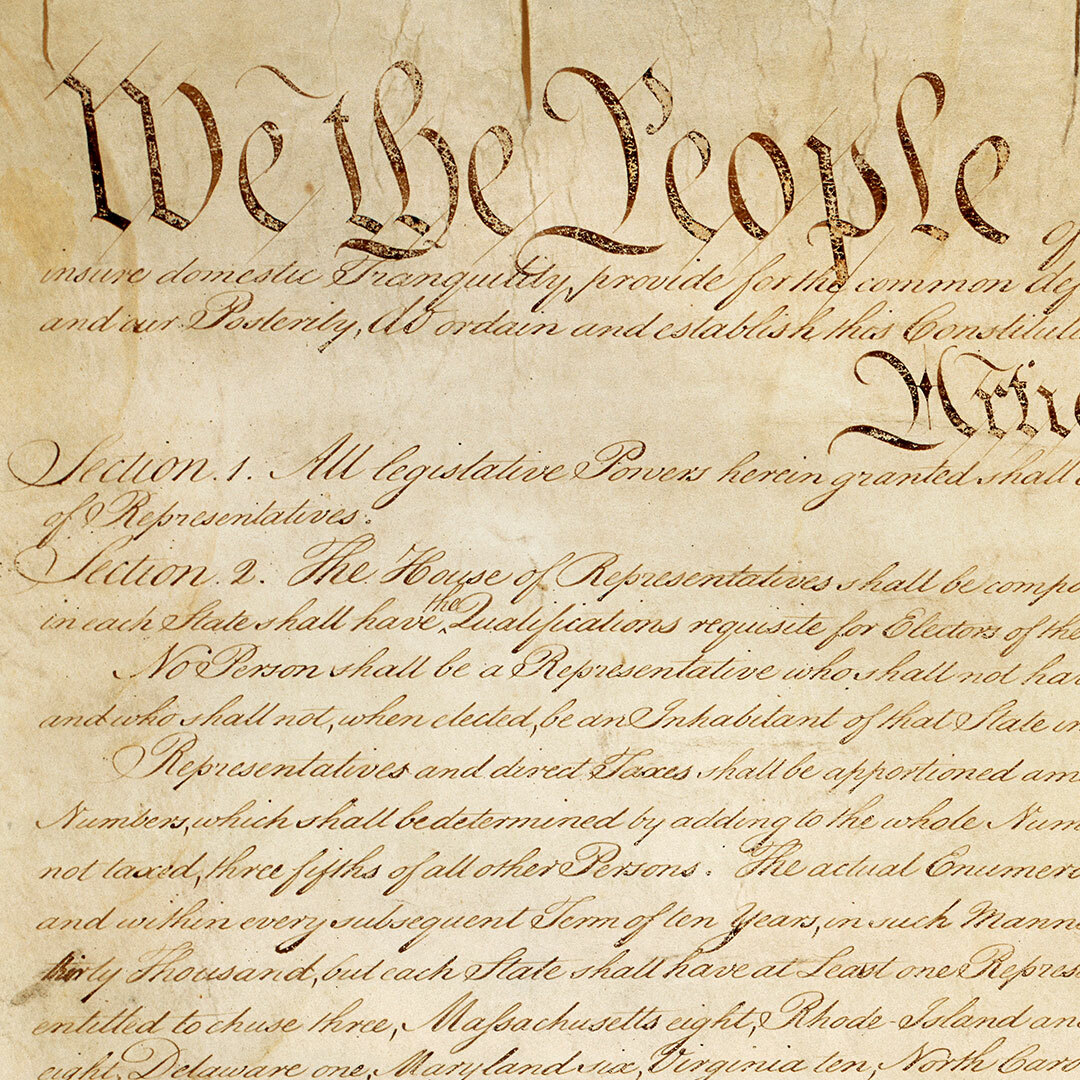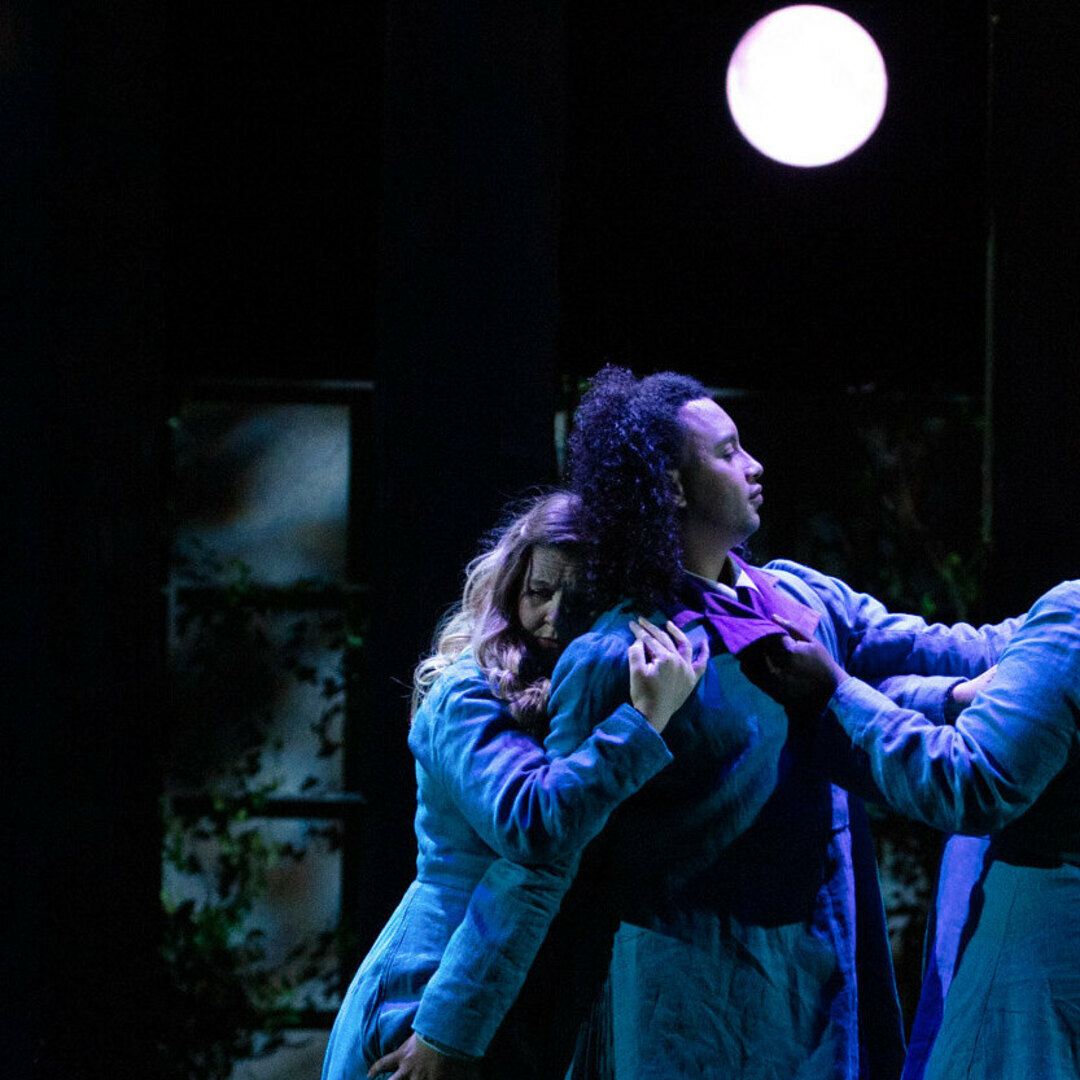“Of Every Age, Sex and Condition:” Women and the Constitution
From the beginning of this country, there were discussions of gender and race as it pertains to lawmaking. Over time, those considerations shifted intentionally to grant the rights and privileges of enfranchisement and citizenship to an increasingly smaller group of people — namely white, landowning men. Some scholars argue that the shift in language was purely stylistic and that we should assume that inhabitants of “every age, sex and condition” are included in those rights and privileges. They point to the fact that for most of the document people are referred to in seemingly gender-neutral terms such as “persons,” “citizens,” and “inhabitants.” Other scholars insist that this vagueness is purposefully exclusionary; We know that in terms of race, it absolutely was.
For more than 100 years, a proposed amendment to the Constitution has been awaiting ratification to rectify this possibly purposeful vagueness. Drafted in 1923 by suffragettes Alice Paul and Crystal Eastman, the Equal Rights Amendment seeks to ensure that “equality of rights under the law shall not be denied or abridged by the United States or by any state on account of sex.” This proposed amendment would build on the 19th Amendment, passed in 1919, which enfranchised white women. This is not the first time in our Constitution’s history that more than one amendment was required to solidify basic rights for marginalized people. It took the so-called Reconstruction Amendments — the 13th, 14th and 15th — to seemingly grant the formerly enslaved people in this country full protection under the law. And even then, it took the 1964 and ‘65 Civil Rights Acts to fully enfranchise people of Color, and extend those protections to Black and Brown women.
In 2020, Virginia became the 38th state to ratify the Equal Rights Amendment, meaning that the threshold has been met for full ratification and addition to the Constitution. Still, this amendment has not been included. An arbitrary deadline to ratify, which has been moved several times over the years, is what stands between us and an Equal Rights Amendment.
In 2022, Congresspersons Ben Cardin of Maryland and Lisa Murkowski of Alaska wrote in defense of the ERA, stating that it “not only prohibits sex discrimination, it also adds – as the late Supreme Court Justice Ruth Bader Ginsberg once said – ‘a statement of basic rights’ that has been missing from our Constitution for far too long.” In 2011, Justice Antonin Scalia even conceded that the current document “does not prohibit discrimination on the basis of sex.”
The ratification of the ERA could perhaps finally include all the inhabitants of this country – in ways that are more explicit and which encompass our current reality, honoring the people who lived in this country when it was founded. Still, modernity has not created womanhood, or even gender expansiveness. If it had, the Framers of the Constitution would not have chosen the words they chose to define citizenship. People have existed the way we exist in society now, always, and from this country’s inception citizens – of every age, sex and condition – have deserved equal rights.
Portland Center Stage is committed to identifying & interrupting instances of racism & all forms of oppression, through the principles of inclusion, diversity, equity, & accessibility (IDEA).




















